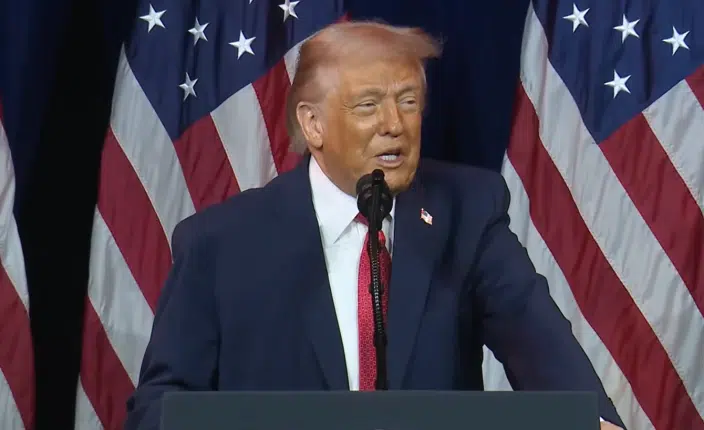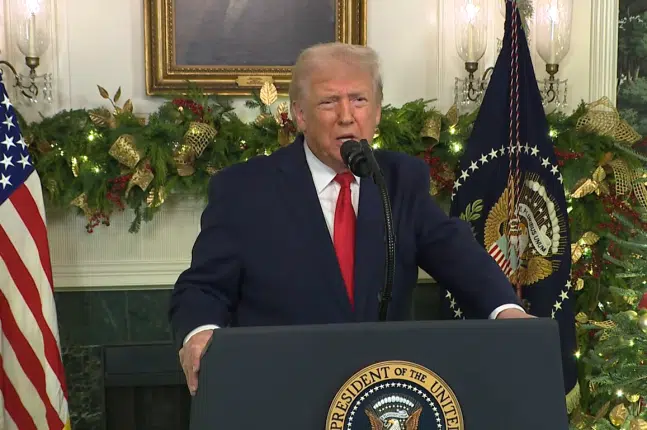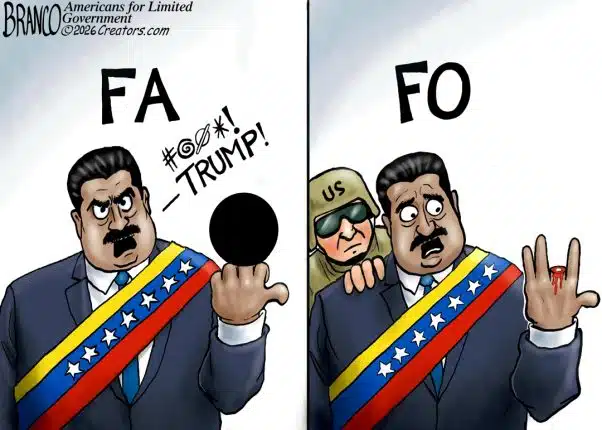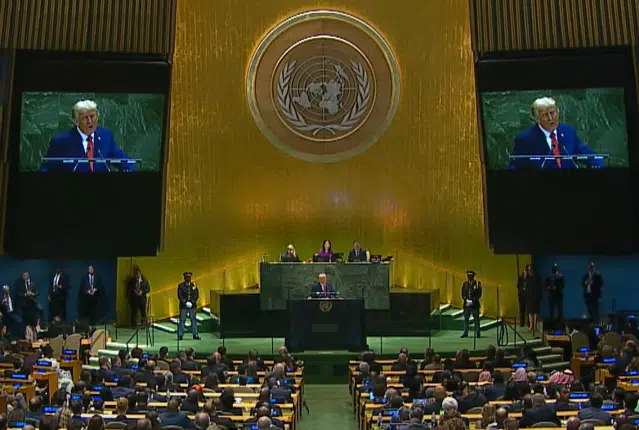By Kevin Mooney — Somehow average Americans who pine for constitutional limited government and the ideals of the founding period are considered extreme and unhinged. Meanwhile, White House officials and career legislators who expand the national debt and subjugate free enterprise are viewed as mainstream. That’s the world, according to the New York Times.
Consider the sub-head used on a front page story that ran on Monday about Obama Administration officials who now speculate that their party’s fortunes could be uplifted by interlinking the GOP with the Tea Party movement.
The sub-head reads: “Democrats Could Cast Rivals as Being Taken Over By Extremists.” That is to say, with a little help from the NYT. Political analysts from across the political spectrum see strong indications that control of both congressional chambers are in play for the mid-term elections. Larry Sabato, a political science professor with the University of Virginia, has said definitively that the GOP will at least take the House.
However, White House operatives believe that can use Tea Party candidates as a foil in key races, the report claims. This idea is predicated on the notion that a significant number of voters could react against Republican budget-cutting ideas they find offensive, the NYT tells readers.
“We need to get out the message that it’s now really dangerous to re-empower the Republican Party,” an anonymous Democratic strategist is quoted as saying. This source has been in touch with White House officials but cannot give his name since the strategy talks were private, the article explains.
Right away, this approach to reporting should raise concerns. The Society of Professional Journalists (SPJ) and other media associations now question the use anonymity as a reporting tool. This is not a hard and fast rule and exceptions can be made in compelling situations. But ideally, an anonymous source should be intermixed with identifiable, on the record sources who substantiate the major points made by another individual who is in a compromised situation.
For their part, White House officials deny there is any kind of orchestrated effort that would pivot against Tea Party activism. The NYT appears to be working overtime to manufacture its own news. The anonymous source is quoted again later in the same front page report.
“The Democratic strategist said voters did not now see much threat to them from a Republican takeover of Congress, even though some Tea Party-backed candidates and other Republicans have taken positions that many voters consider extreme, like shutting down the government to get their way, privatizing Social Security and Medicare and ending unemployment insurance,” the report continues. “So far, Mr. Obama has largely limited his campaigning to fundraisers and small events. That will change soon as he plays a bigger role to rally the flagging faithful, officials said.
If the NYT would like to suggest that a large percentage of voters would recoil and react against Republican budget cutting plans, this idea should be sourced and attributed. Instead, the reports offer up blanket assertions meant to marginalize the Tea Party movement. In reality, there is just as much polling evidence indicative of growing appetite for entitlement reform and fiscal restraint at the federal level.
Just one day after its front page report on the alleged White House election plot ran, the NYT ran another piece appearing in its Tuesday business section that took another swipe at Tea Party activists. This latest report was built around a town hall chat in Washington D.C. with President Obama. Here, he challenged Tea Party participants to offer up specifics about which federal benefits they would cut.
But the most telling part of the story concerns White House reaction to the earlier report based on anonymous sourcing that detailed fall campaign strategy.
“The White House denied an article in The New York Times on Monday saying that Mr. Obama’s political advisers were considering national advertising to cast the Republican Party as having been all but taken over by the Tea Party movement,” the report says.
`The story that led The New York Times yesterday was flat out wrong,’ Dan Pfeiffer, the White House communications director, said in an e-mail message. “The White House has never discussed, contemplated or weighed such an ad campaign.” Mr. Pfeiffer said the article `was based on the thinnest of reeds,’ an anonymous source. The Times stood by the report.”
But the White House has a point and unless the NYT can produce on the record sources, the two reports coupled together give the appearance of agenda-laced, manufactured reporting that takes aim against small government activists.
There’s no question that Democratic operatives will attempt to seize specific comments and policy stances in key states where they suspect that some Tea Party candidates may have liabilities. But that’s not the real story. The energy and activism of Tea Party movements is a huge net plus for Republicans going into a mid-term election cycle when turnout tends to be lower.
The attempt to discredit and defame a growing, vibrant political movement that has helped to reawaken America’s revolutionary roots will continue unabated up to Nov. 2. But it will not go unchecked and unchallenged.







